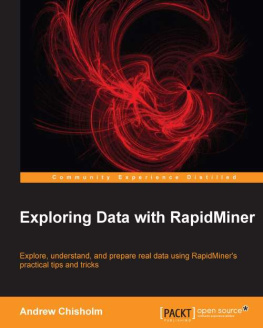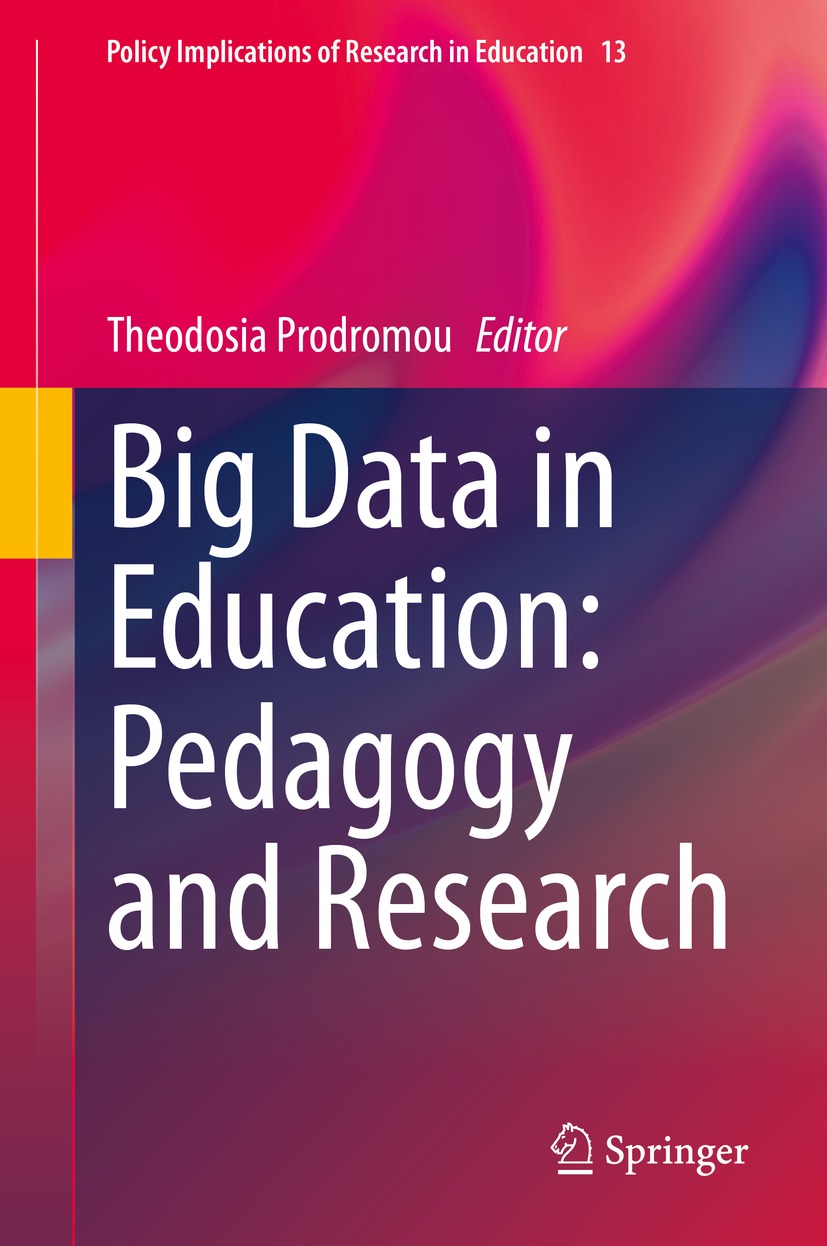Volume 13
Policy Implications of Research in Education
Series Editors
Prof. Stephen L. Jacobson
State University of New York, University at Buffalo State University of New York, Buffalo, NY, USA
Paul W. Miller
University of Greenwich, London, UK
Editorial Board
Prof. Helen Gunter
University of Manchester, Manchester, UK
Prof. Stephan Huber
Institute for the Management and Economics, University of Teacher Education Central, Zug, Zug, Switzerland
Prof. Jonathan Jansen
University of the Free State, Bloemfontein, South Africa
Prof. Karen Seashore Louis
Educational Policy and Admin, University of Minnesota, Minneapolis, MN, USA
Dr. Guri Skedsmo
University of Oslo, Oslo, Norway
Prof. Allan Walker
Ctr, c/o Anthon Chu Yan Kit, Hong Kong Institute of Education, Tai Po, New Territories, Hong Kong
In education, as in other fields, there are often significant gaps between research knowledge and current policy and practice. While there are many reasons for this gap, one that stands out is that policy-makers and practitioners may simply not know about important research findings because these findings are not published in forums aimed at them. Another reason is that policy-makers and educational authorities may tend to apply only those findings that agree with and legitimate their preferred policies. Yet we hear often the mantra that policy and practice should be research based and informed by evidence. This claim relates to the interplay between the social realities of science, politics and educational practice and draws attention to knowledge production and application, processes of implementation, change and innovation. However, there are often different interests involved, different knowledge domains, political and economic interests, and legitimate questions can be raised with regard to what counts as research, what counts as evidence, who should define it, what are their implications for policy, and what kind of actions should consequently be taken to improve education for children and youth.
Please contact Astrid Noordermeer at Astrid.Noordermeer@springer.com if you wish to discuss a book proposal.
More information about this series at http://www.springer.com/series/11212
Editor
Theodosia Prodromou
Big Data in Education: Pedagogy and Research
1st ed. 2021

Logo of the publisher
Editor
Theodosia Prodromou
University of New England, Armidale, NSW, Australia
ISSN 2543-0289 e-ISSN 2543-0297
Policy Implications of Research in Education
ISBN 978-3-030-76840-9 e-ISBN 978-3-030-76841-6
https://doi.org/10.1007/978-3-030-76841-6
Springer Nature Switzerland AG 2021
This work is subject to copyright. All rights are reserved by the Publisher, whether the whole or part of the material is concerned, specifically the rights of translation, reprinting, reuse of illustrations, recitation, broadcasting, reproduction on microfilms or in any other physical way, and transmission or information storage and retrieval, electronic adaptation, computer software, or by similar or dissimilar methodology now known or hereafter developed.
The use of general descriptive names, registered names, trademarks, service marks, etc. in this publication does not imply, even in the absence of a specific statement, that such names are exempt from the relevant protective laws and regulations and therefore free for general use.
The publisher, the authors and the editors are safe to assume that the advice and information in this book are believed to be true and accurate at the date of publication. Neither the publisher nor the authors or the editors give a warranty, expressed or implied, with respect to the material contained herein or for any errors or omissions that may have been made. The publisher remains neutral with regard to jurisdictional claims in published maps and institutional affiliations.
This Springer imprint is published by the registered company Springer Nature Switzerland AG
The registered company address is: Gewerbestrasse 11, 6330 Cham, Switzerland
Introduction
Data is essential for people, corporations, governments, and others to make decisions about the future. In the past, collecting data was costly and time consuming. The emergence of the Internet as a unified global platform for digital connectivity has provided many diverse new sources of human- and machine-generated data. These sources, often called Big Data, include commercial transactions, remote imagery, sensor measurements, geospatial positioning, web content, and online user activity. The strategy used by various global governmental agencies is to systematically combine complementary information derived from Big Data sources and traditional data sets, in order to create a richer, more dynamic, and better focused statistical picture of the issue under investigation. This is intended not only to reduce the cost and time-to-market of existing statistical products, but also to deliver innovative solutions that meet the evolving information needs of statistical consumers, generating new economic value.
Recent open data initiatives around the world (United Nations, 2014) are changing the data landscape for statistical analysis, the ways in which data is captured and presented, and the necessary level of statistical literacy to analyses and interpret data for future decision making. The advent of Big Data accentuates the need to enable citizens to develop statistical skills, thinking and reasoning needed for representing, integrating and exploring complex information from diverse sources in a Big Data era.
In education, Big Data are a powerful tool that can be used to inform, engage, and great opportunities for students, teachers and policy makers. Large amounts of educational data are captured and generated every day from different sources and in different formats in schools and higher education. Of particular interest for Big Data in education are two categories: (a) Educational Data related to administrative, educational, and quality-improvement processes and procedures; (b) data produced for and from students use and interaction with learning management systems (LMSs), online learning platforms, learning material and activities, course information consisting of learning objectives, syllabuses, results of examination, evaluations of students, and other materials. Moreover, the pandemic is accelerating the long-term trend in education of putting more education online, which leads to the creation of even more massive data sets. But what can we do with those data and how can we use them to make more informed decisions to facilitate achievement?
Description and Purpose of Work
This book discusses how Big Data can be implemented in educational settings and research, using empirical data. It suggests both best practices and areas in which to invest future research and development, in line with its broader vision of supporting informed and increased use of statistics for representing, integrating, and exploring complex information from diverse sources in the big-data era. Research in this field is important and offers guidance to researchers who are seeking suitable topics to explore. Research about the skills that data practitioners (data analysts, data managers, statisticians, and data consumers) use would provide insights into the statistical skills, thinking, and reasoning they use and the skills needed to work with Big Data. Moreover, research about Big Data integration in educational settings could provide a concise reference for policymakers, who must make critical decisions regarding funding and applications. There is a need for research into the implications of the Big Data revolution for statistics education and research. Such research is of particular importance as the biggest leaps forward in the next several decades- in business, and society at large- will come from insights gained through understanding the vast quantities open data being collected by government and non-governmental organisations. While data collection moves forward, it is often without a concomitant investment in developing practices for the use of Big Data. In response, educators are driven to ask how to develop data knowledge and data literacy to benefit from these new resources.

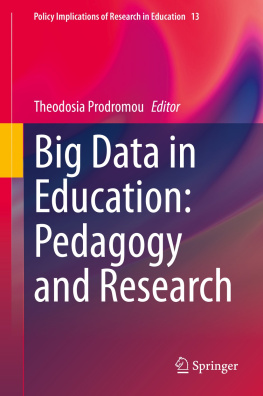
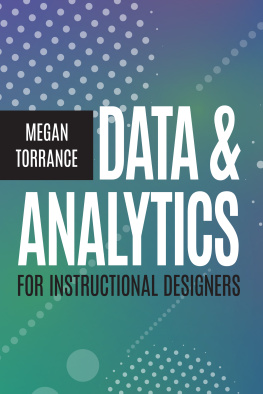
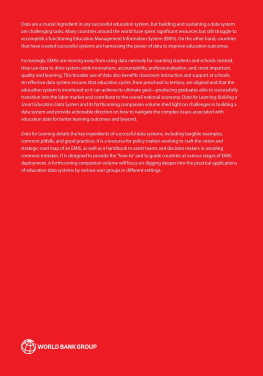
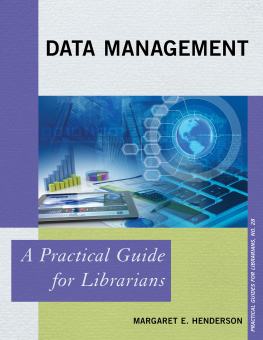
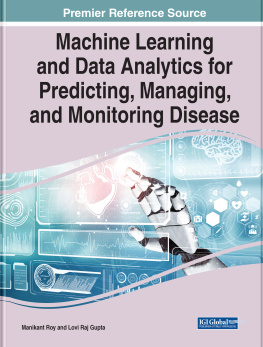

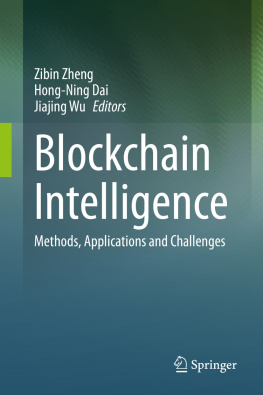

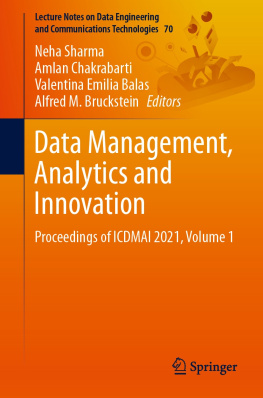
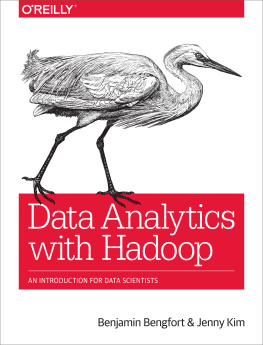
![EMC Education Services [EMC Education Services] - Data Science and Big Data Analytics: Discovering, Analyzing, Visualizing and Presenting Data](/uploads/posts/book/119625/thumbs/emc-education-services-emc-education-services.jpg)

